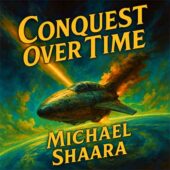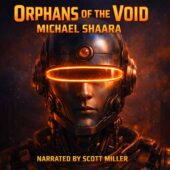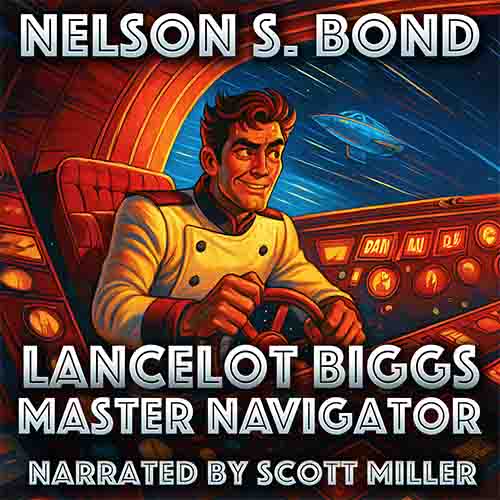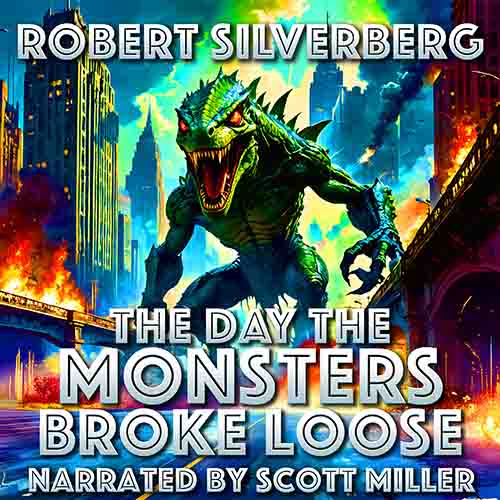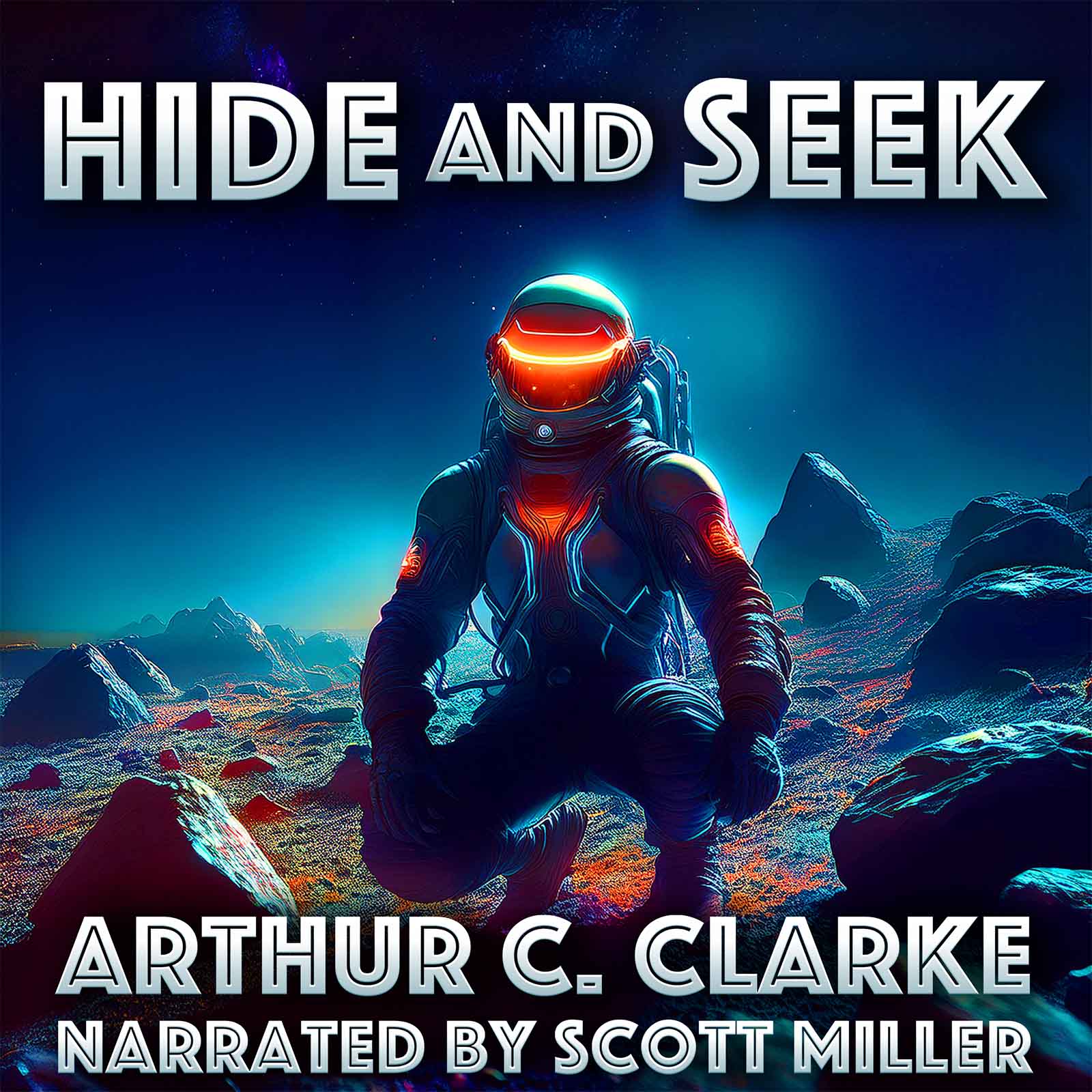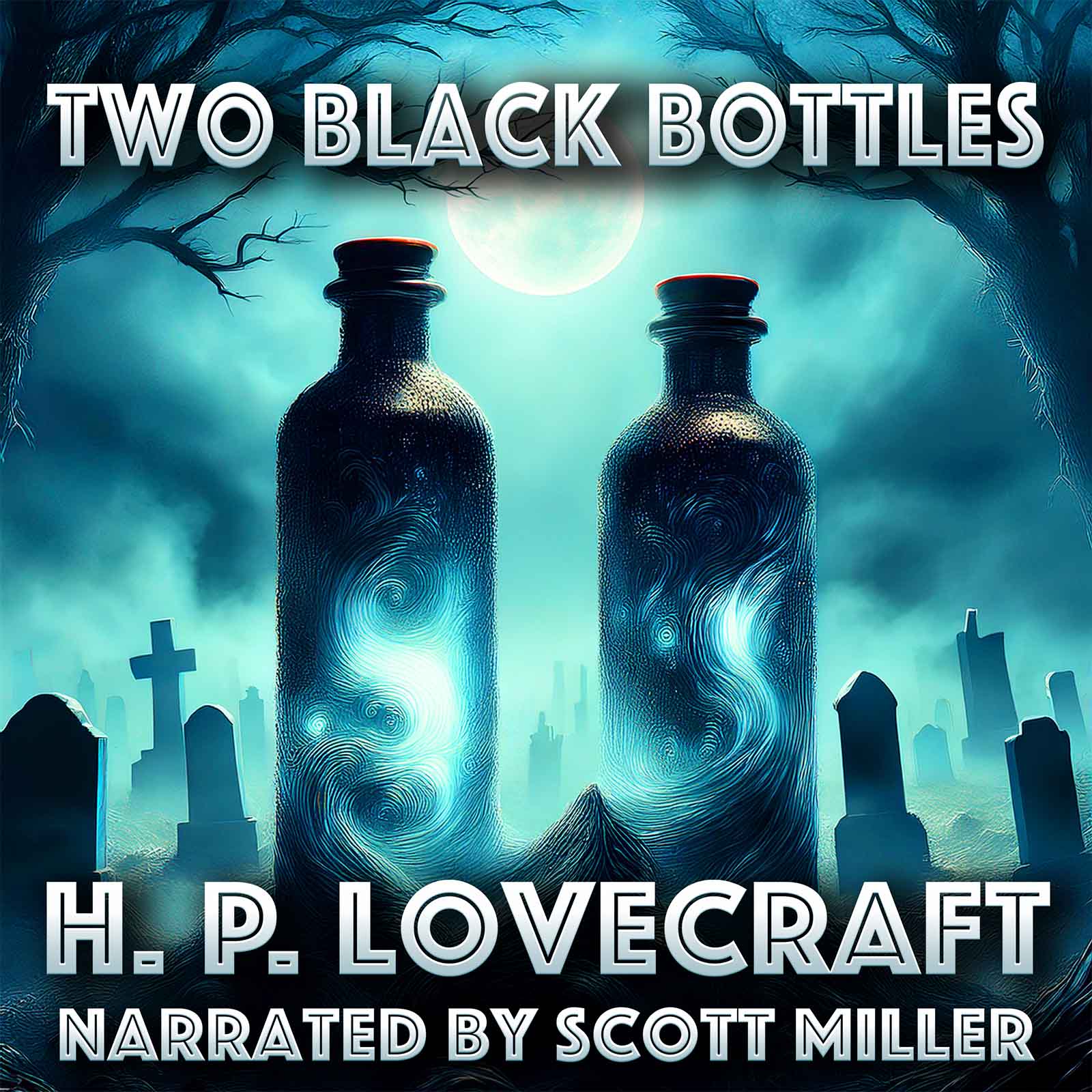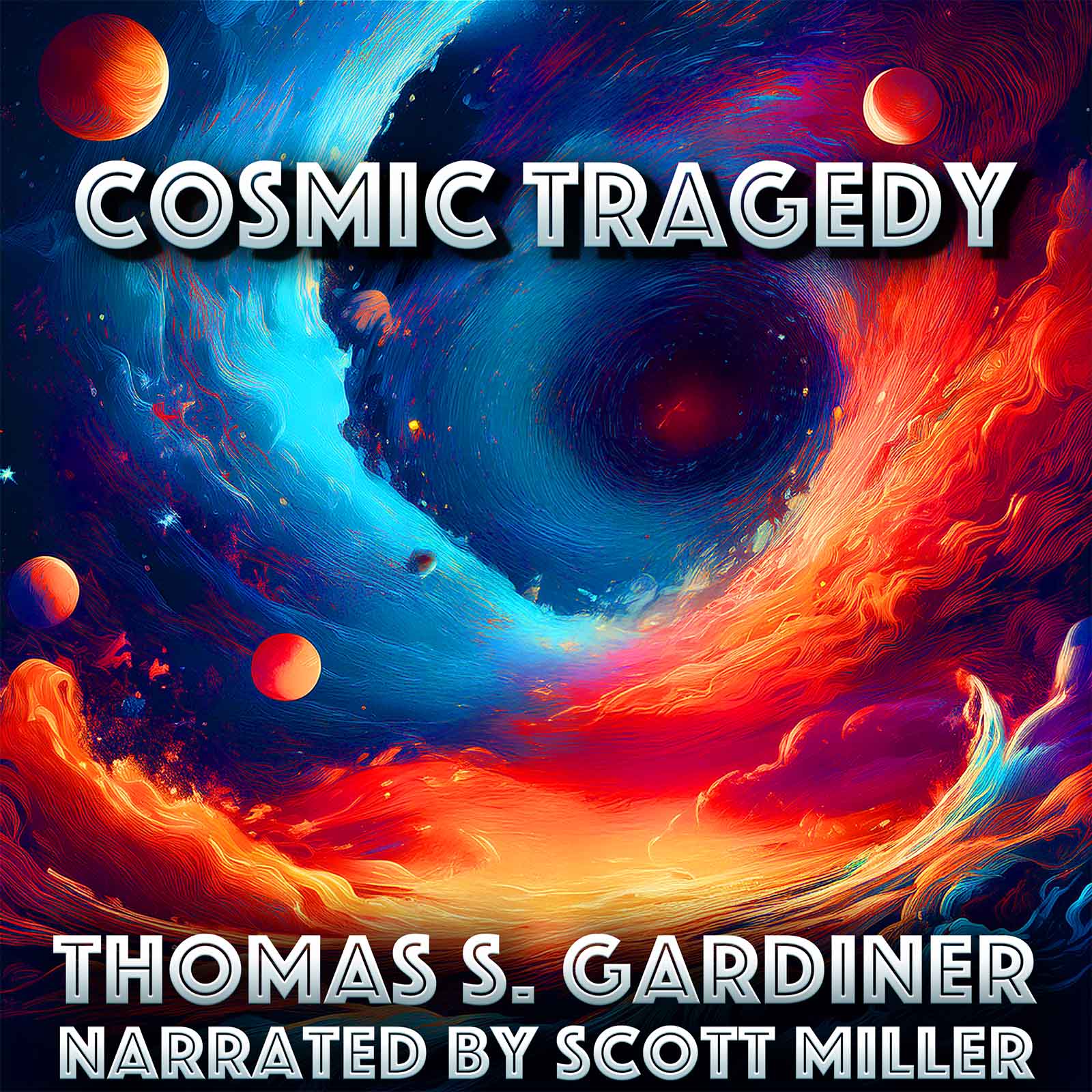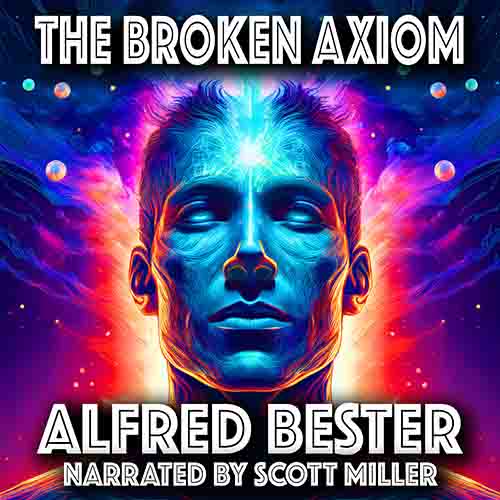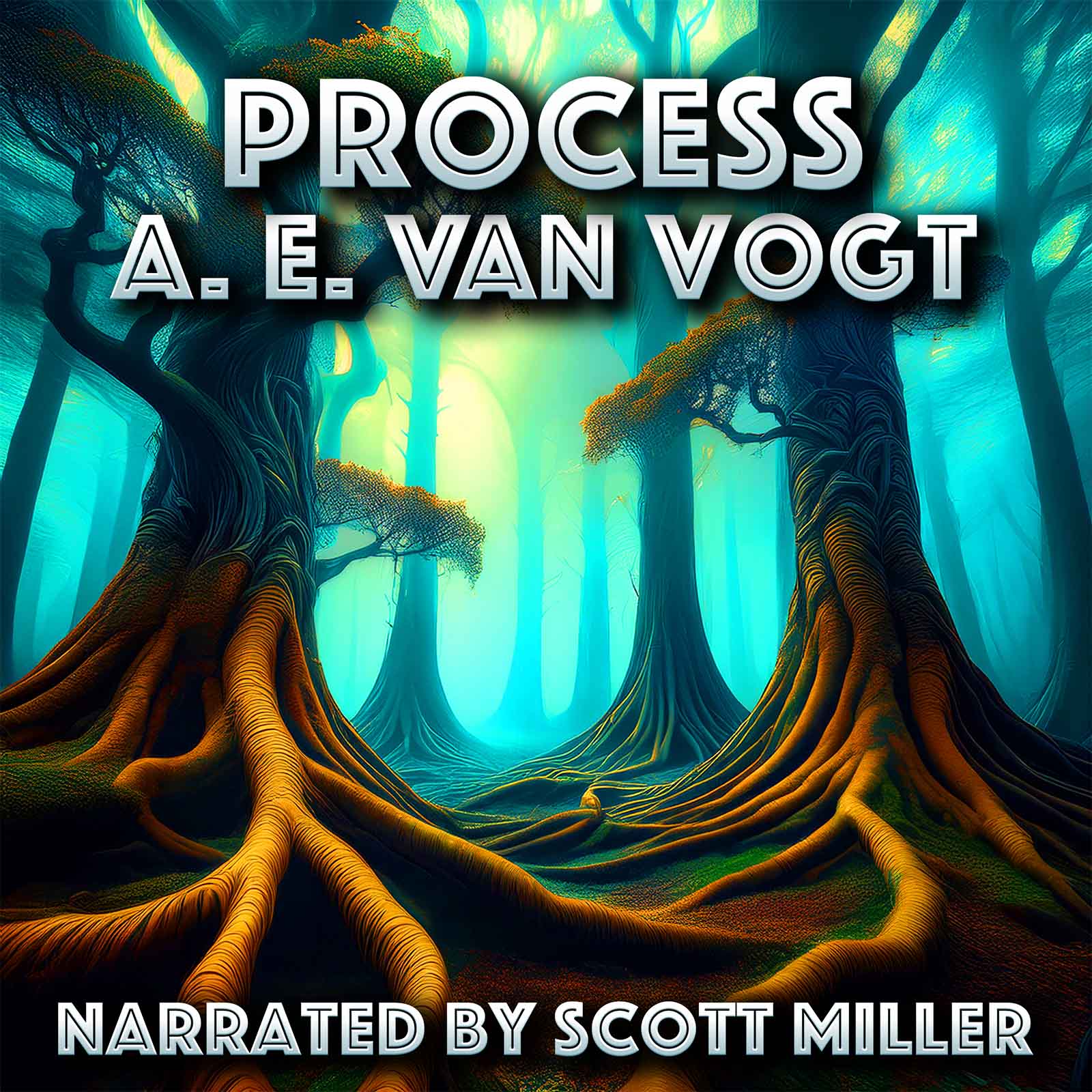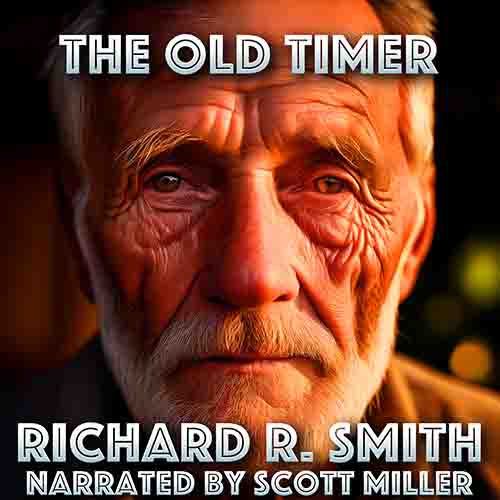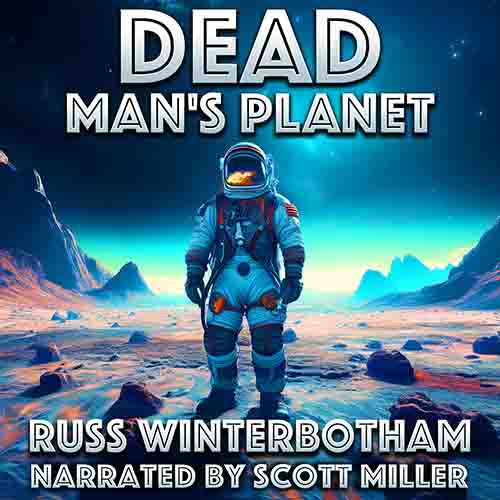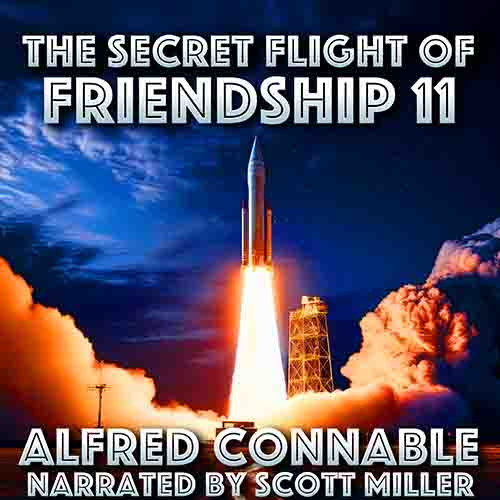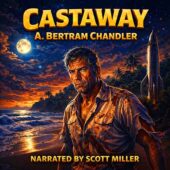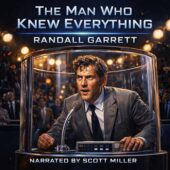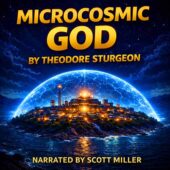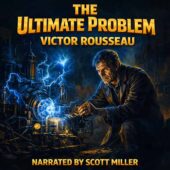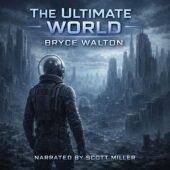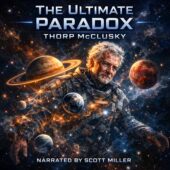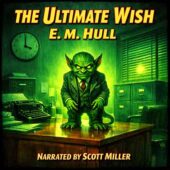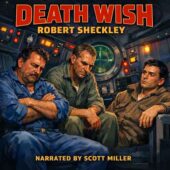Michael Shaara

Biography
Michael Shaara (1928–1988) was an American author best known for his Pulitzer Prize–winning Civil War novel The Killer Angels (1974), but his literary journey began in the pages of mid-20th-century science fiction and fantasy magazines. His early work revealed a restless imagination, a fascination with human conflict, and a gift for blending speculative ideas with emotional depth.
Born in Jersey City, New Jersey, to Italian immigrant parents, Shaara’s youth was marked by varied experiences that later informed his writing. He attended Rutgers University, graduating in 1951 with a degree in English. Before becoming a professor and novelist, he held jobs as a boxer, police officer, and merchant seaman, and served as a paratrooper. These careers gave him firsthand knowledge of discipline, violence, and camaraderie—recurring themes in both his speculative and historical fiction.
In the 1950s and 1960s, Shaara published a string of short stories in leading magazines such as Galaxy Science Fiction, Fantastic Universe, and If. His tales often carried a moral or philosophical edge, questioning the nature of humanity, technology, and war. Stories like “All the Way Back” (Galaxy, 1952), which offered a surprising twist on galactic history, and “Beast in the House” (If, 1954) demonstrated his knack for irony and his ability to compress big ideas into compact, memorable narratives. Other works, such as “The Book” (Fantastic Universe, 1954) and “He Has Seen the Sky” (Galaxy, 1958), explored humanity’s drive for meaning and transcendence. Collectively, his short fiction earned him respect within the science fiction community, even if he never became as prolific as some of his contemporaries.
Shaara’s science fiction displayed a strong humanistic core. Instead of focusing solely on futuristic technology or alien landscapes, he often examined the inner conflicts of his characters, their ethical dilemmas, and the ways in which war and ambition reshape the human spirit. This focus on the individual, rather than just the speculative setting, foreshadowed the qualities that would later define his masterpiece, The Killer Angels.
Published in 1974, The Killer Angels reimagined the Battle of Gettysburg with extraordinary psychological depth and empathy. Eschewing dry military history, Shaara instead brought the conflict to life through the voices of historical figures such as Joshua Lawrence Chamberlain, James Longstreet, and Robert E. Lee. The novel won the Pulitzer Prize for Fiction in 1975 and went on to inspire the acclaimed 1993 film Gettysburg. Its success ensured Shaara’s place in American literature, though sadly he never lived to see the full extent of its popularity.
While The Killer Angels made him famous, Shaara’s earlier science fiction continues to be appreciated by fans of classic speculative storytelling. His stories stand as examples of the vibrant magazine era, when imaginative short fiction was the lifeblood of the genre. Though fewer in number compared to giants like Asimov or Heinlein, Shaara’s contributions were distinct for their literary style and psychological acuity.
Shaara’s life was cut short at 59 after years of declining health, including a near-fatal accident and subsequent strokes. His legacy was carried forward by his son, Jeff Shaara, who continued the family tradition with a series of historical novels that expanded on The Killer Angels.
Today, Michael Shaara is remembered as a writer of rare versatility: a craftsman who began with imaginative short stories about distant futures and human dilemmas, and who went on to pen one of the greatest historical novels of the 20th century. His career is a reminder that speculative fiction and historical fiction share a common thread—the attempt to understand humanity by placing it in extraordinary circumstances. Whether in the pages of Galaxy or on the fields of Gettysburg, Shaara wrote with an enduring passion for the human spirit caught in moments of transformation.


